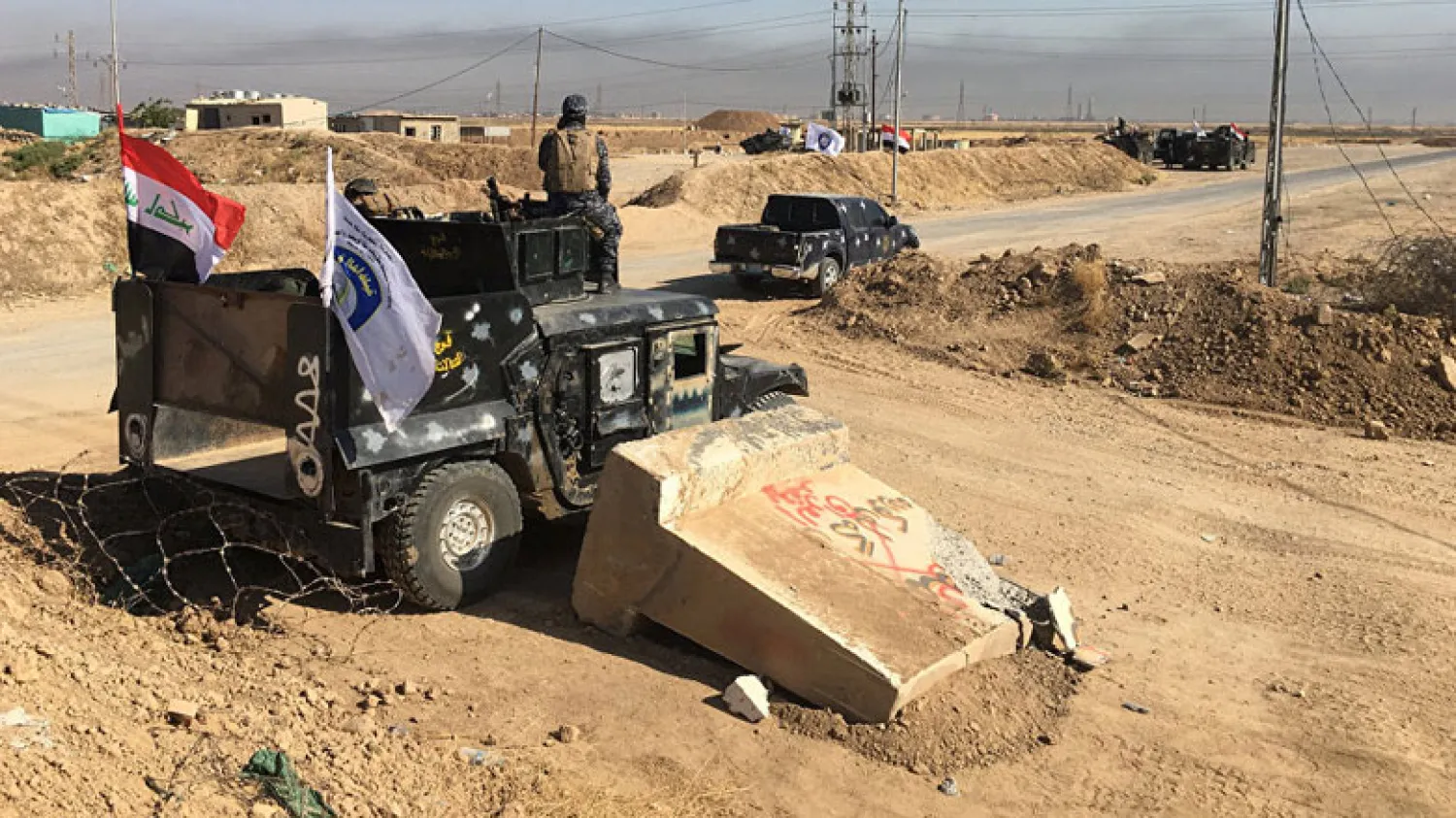Iraqi forces denied, on Thursday, claims made by officials in Kurdistan, Iraq, regarding the arrival of US forces to the disputed Kirkuk. Erbil, however, insisted on the announcement.
Iraq’s Joint Operations Command said in a statement, Thursday, that some media outlets talked about the advance of US forces in Kirkuk, reporting sources from Kurdistan, Iraq. Yet, the command denied the news and affirmed that there is no increase of the coalition forces not in Kirkuk nor in the rest of Iraqi territories.
The statement, which was posted on Facebook, stressed that it is not the foreign forces mission to seize the territory, and they don’t even have the possibility to do so in terms of soldiers and equipment.
“Kirkuk security is an Iraqi national responsibility,” clarified the statement.
Kurdish counter-terrorism forces sources reported that US army forces are advancing to Kirkuk in order to form a joint operations chamber that is entitled to coordinate and cooperate with the Iraqi Army to ensure Kirkuk's security.
Jalal Sheikh Naji, officer at counter-terrorism forces in Sulaimaniyah, told Asharq Al-Awsat that “the purpose behind recruiting these forces is to reinforce intelligence and security cooperation among the US forces, Iraqi Army and counter-terrorism bodies in order to protect the security condition in Kirkuk.”
He added that there are suspicious movements in the region, requiring more security vigilance.
“The presence of US forces will solidify internal security in Kirkuk, and the region in general,” he continued.
Naji pointed out that as the US army spreads in the camp, a joint operations chamber will be formed to serve intelligence and security coordination that would be quite helpful in confronting terrorists in case they dare to return and threaten the region.









